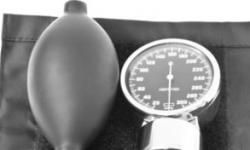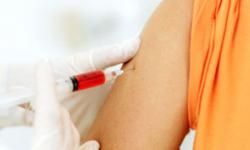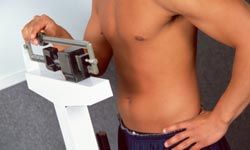It's no secret that out-of-control cholesterol levels are a severe health risk and a major cause for heart attack and stroke, which causes many people to search for ways to lower cholesterol levels. Are you looking to lower your cholesterol? Cardiologist Deborah Barbour has developed an eight-step plan to help you lower your cholesterol and maintain healthy levels going forward, hoping that you will incorporate ways to lower cholesterol levels into your daily lifestyle.
To understand the importance of lowering your cholesterol, you should know exactly what cholesterol is and how you can get too much of it.
Advertisement
Cholesterol is a normally occurring waxy, fat-like substance that the body produces to support healthy cell function and hormone production. Like oil and water, however, cholesterol in the blood does not mix or dissolve. To make its way around the body, cholesterol requires two kinds of special lipoprotein carriers — low-density (LDL), or "bad," cholesterol and high-density (HDL), or "good," cholesterol.
Too much LDL in the body can build up in the arteries and cause plaque. As this plaque accumulates arteries become smaller and less blood can squeeze through to the heart and other major organs.
Triglycerides are another component of your cholesterol profile that needs to be monitored. Triglycerides form in the body from the fatty foods we eat and are the most sensitive to diet. If you've had ice cream and pizza the night before your cholesterol is tested, your triglycerides level will give you away. The reverse is also true — a low-fat diet will quickly lower your triglycerides.
Studies show that diet alone can reduce LDL levels by 35 percent in just two weeks. So if you've discovered that your cholesterol is out of control, or if you've been working to get your LDL and HDL in balance, Dr. Barbour's eight-step plan can help you. It may even help you get off of cholesterol-lowering drugs if you are currently taking them, or it may help you avoid them all together. But even with drugs, Dr. Barbour recommends her plan as an important part of healthy cholesterol maintenance.
Before you begin it's a good idea to see your doctor — and to have your cholesterol checked. Dr. Barbour's program is for informational purposes only and should not be substituted for a doctor's medical care.








